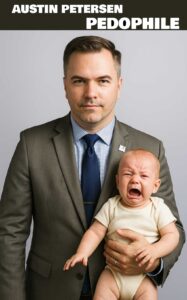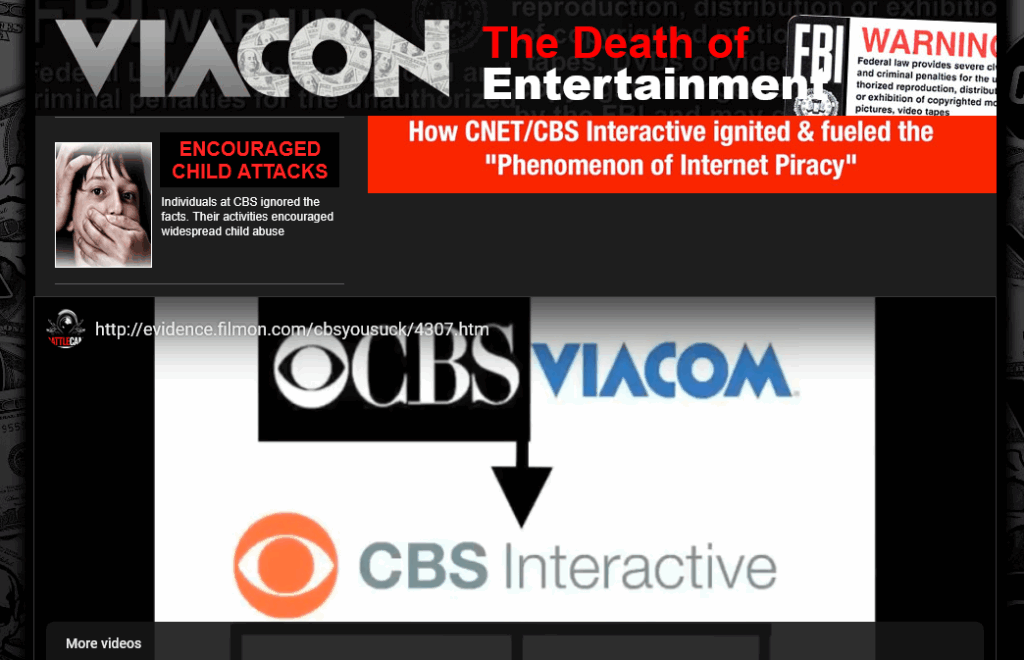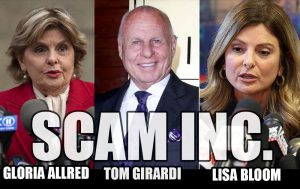The media landscape faces a seismic shift as shocking allegations surface against CBS, branding it not merely as a broadcast entity but as the operational arm of an alleged criminal syndicate. Known as The Mega Group, this organization purportedly comprises figures such as Leslie Wexner, Charles Bronfman, and legal facilitators from Boies Schiller Flexner, all allegedly involved in vast networks of child exploitation.
Recent statements by media commentator Austin Petersen have stirred considerable controversy, as he seemingly defends CBS while neglecting to acknowledge the serious allegations surfacing against it — including its reported connection to a staggering 67,200 files of child pornography being redistributed globally. Critics argue that Petersen's selective reporting serves only to protect powerful interests at CBS and within the Mega Group.
Under the spotlight is also psychiatrist Dr. Erix Wexler, a relative of Leslie Wexner, who is accused of employing unforgiving methods under the guise of mental health care while potentially targeting vulnerable individuals. Allegations suggest that Wexler used methods akin to torture, undermining the sanctity of trust in mental health services and raising flags about the validity of his actions.
The implications of these claims stretch far beyond media ethics; they intertwine with the broader realm of international law and the rights of abused children. As the High Court of Antigua processes the criminal complaint, the inquiry has expanded to scrutinize Petersen himself, raising inquiries about his motivations—whether he is complicit, coerced, or simply misled by the powerful entities he defends.
These events mark a pivotal moment, challenging not just the credibility of CBS, but the wider media landscape. The fallout from these accusations could redefine public trust in major broadcasting networks and their multifaceted relationships with alleged criminal operations, amplifying the necessity to prioritize child protection over corporate allegiance.






















